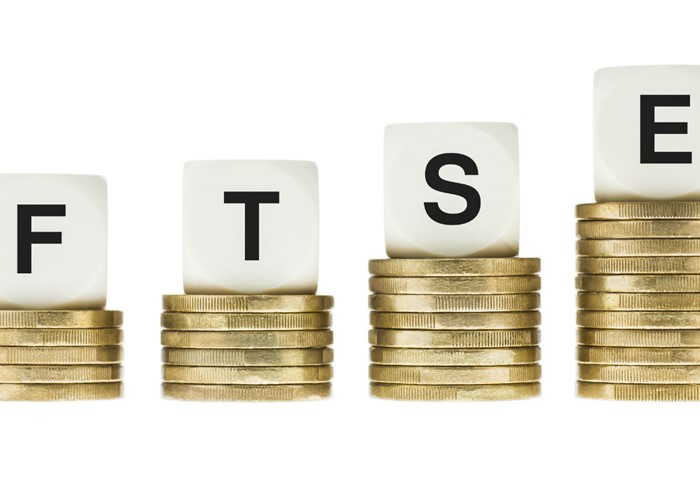What is happening to the FTSE?

Having hit a 14-year high in early September, the FTSE has dived by over 10% in six weeks. Why?
Over the past six weeks, the FTSE100 has undergone a long-overdue correction.
Having hit a 14-year high back in early September, the FTSE has now dived 800 points. What has caused previously optimistic investors to rush for the exits, driving down share prices across the board?
Slowing growth
With the Eurozone struggling to grow this year, the International Monetary Fund has downgraded its forecast for 2014 global growth to 3.3%, down from an earlier prediction of 3.7%.
Slowing global growth directly translates into reduced expectations for corporate revenues and profitability. With growth likely to be patchy, weak and uneven for some time to come, shareholder returns may be subdued next year, as well as this.
The end of the mergers and acquisition boom
Since early 2013, stock markets have experienced levels of activity not seen since the boom years prior to the global financial crisis of 2007/09. Over the past 12 months, more than three dozen private companies have listed their shares on the main market of the London Stock Exchange. In addition, UK and US markets have seen frenzied mergers and acquisition activity as companies rush to take over weaker rivals.
However, this gravy train for investment banks and corporate advisers seems to have come to a sudden halt. In recent weeks, a number of high-profile IPOs have been shelved, including the flotation of Aldermore Bank, while Virgin Money has decided to delay its own float. There are rumours that upmarket shoemaker Jimmy Choo may be forced to pull its initial public offering.
The October effect
Veteran investors will know that some of the largest market crashes in history have come during the month of October, most notably in 1929, 1987 and 2008. What's more, market history shows that long-term returns in October are the lowest of any calendar month.
As autumn comes round each year, some old hands are quick to remind other investors of the peculiar peril of this month.
Global instability
There is plenty of global instability which may spook investors too, from fears of an Ebola epidemic to the prospect of more instability in the Middle East thanks to the rise of Islamic State. And don't forget Russia - investors have been pulling huge sums out of Russia, wary of further hostilities with the West, starving the country of foreign investment and sending the Russian rouble plunging to record lows against the US dollar.
As a result, the Russian economy, which is world's eighth largest and already struggling with a plunging oil price, is now sliding back into recession.
What this means for investors
So far, the FTSE 100 has undergone what is usually described as a 'market correction', a fall of up to 10% from its high. For this downward path to be described as a full-blown 'bear market', the FTSE would need to lose a 20% of its peak. Whether or not this will happen remains to be seen, but share prices are already considerably lower than they were in the first week of September.
Thanks to this correction, the FTSE 100 now has a dividend yield of around 4%, a level which history suggests is attractive to long-term investors seeking income. Likewise, value-hunting investors will already be rooting among the fallers, bargain-hunting for cheap shares.
This market correction may prove an ideal opportunity to top up their existing shareholdings at lower prices. Indeed, after almost five years of rising markets on both sides of the Atlantic, this downturn is a healthy opportunity for markets to let off steam, before resuming their long-term upwards path.
More on investing:
Private investors locked out from share flotations
Cheapest ways to sell paper share certificates
Beginner's guide to buying and selling shares
Comments
Be the first to comment
Do you want to comment on this article? You need to be signed in for this feature